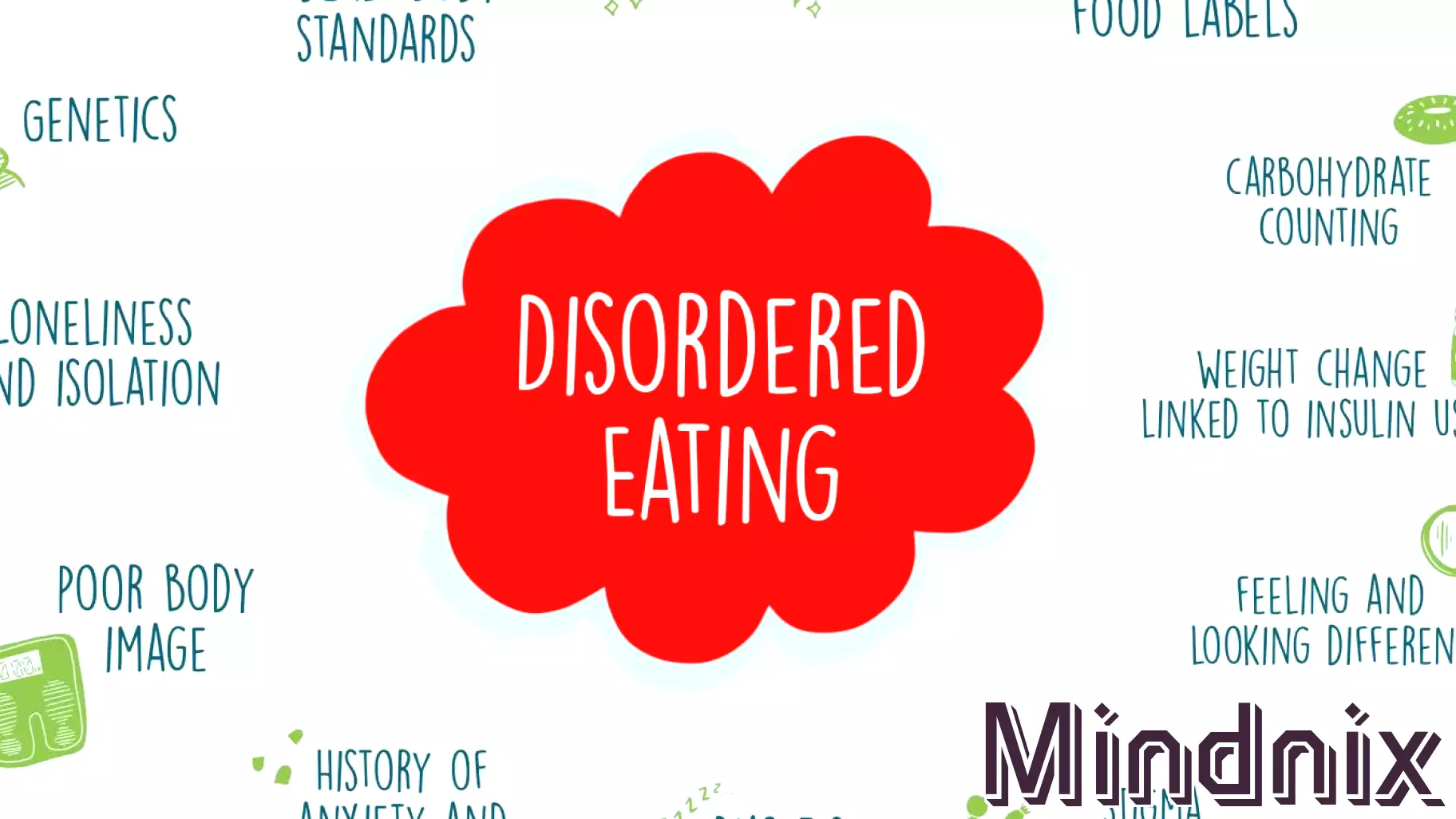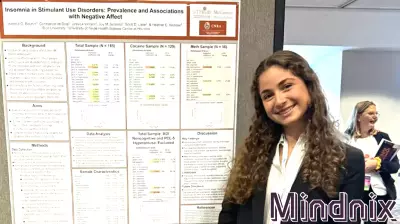Tackling Disordered Eating in Children with Type 1 Diabetes
March 21, 2025 - 15:30

A new study explores how a brief psychoeducational intervention for parents may help prevent disordered eating in children with Type 1 Diabetes. This research highlights the critical role that parental involvement plays in managing the dietary habits of young patients. Children with Type 1 Diabetes often face unique challenges related to food, insulin management, and body image, which can lead to unhealthy eating behaviors.
The study emphasizes the need for parents to be educated about the signs of disordered eating and effective strategies to promote a healthy relationship with food. By equipping parents with the right tools and knowledge, the intervention aims to foster a supportive environment that encourages balanced eating habits and emotional well-being in their children.
As the prevalence of Type 1 Diabetes continues to rise, addressing the psychological aspects of the condition becomes increasingly important. This innovative approach seeks to empower families, ensuring that children can thrive both physically and mentally while managing their diabetes.
MORE NEWS

February 25, 2026 - 00:30
Rewired: How the Digital World Reshapes the Human BrainThe impact of our digital lives on the brain is a complex tapestry, not a simple story of harm or benefit. Emerging perspectives suggest that digital engagement, particularly among the young,...

February 24, 2026 - 00:52
Day in the life: Health sciences senior follows research toward clinical psychologyIsabella Bourtin, a health sciences senior, exemplifies the determined focus required to navigate a significant academic shift. Once firmly on the pre-med track, she has successfully pivoted her...

February 23, 2026 - 01:31
Toxic People Makes Us Age FasterThe emotional toll of difficult relationships is well-documented, but new research indicates the damage may be more than skin deep, potentially accelerating the biological aging process. A recent...

February 22, 2026 - 01:17
From Psychology to the Runway, Purpose Takes Center StageFor Lisa Jacovsky, a recent runway appearance during New York Fashion Week was far more than a fashion statement. Recognized as a `Queen of Impact` on the catwalk, the moment served as a powerful,...